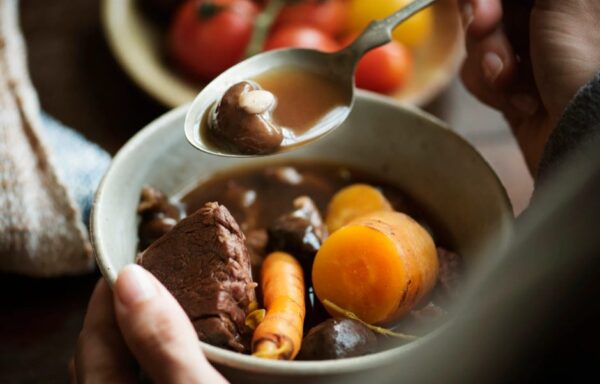
South African cuisine is rich and diverse, blending flavors and ingredients from many cultures.
From hearty stews like potjiekos to fresh salads and grilled meats, your meals can be both delicious and nutritious.
However, some common cooking or preparation mistakes might unknowingly reduce the nutritional value of your meals.
Here are six mistakes to watch out for to keep your South African meals healthy and nourishing.
1. Overcooking vegetables
Many traditional South African dishes include vegetables like spinach (morogo), pumpkin leaves, or cabbage. Overcooking vegetables can destroy heat-sensitive vitamins such as vitamin C and some B vitamins. To preserve nutrients, try steaming or lightly sautéing your greens instead of boiling them for long periods.
2. Using too much oil or fat
While fats are essential for health, using excessive amounts of oil or butter in dishes like braai or stews adds unnecessary calories and can reduce the overall nutritional balance. Opt for healthier oils like olive or avocado oil, and use fats sparingly to maintain flavor without compromising nutrition.
3. Relying too much on refined carbohydrates
Staples such as white bread, white rice, or mielie meal (maize meal) are common in South African meals but often come in refined forms with fewer nutrients and fiber. Whenever possible, choose whole-grain or less processed versions like whole maize meal or brown rice to boost fiber intake and support digestion.
4. Discarding nutrient-rich parts of ingredients
Some parts of traditional ingredients are nutrient-dense but often discarded. For example, pumpkin seeds and beetroot leaves contain valuable vitamins and minerals. Try incorporating these parts into your cooking or as snacks to maximize nutritional intake.
5. Excessive salt usage
Salt enhances flavor, especially in dishes like biltong or boerewors. However, too much salt can lead to health issues such as high blood pressure. Use salt moderately and try seasoning with fresh herbs and spices common in South African cooking, like coriander and chili, to add flavor without extra sodium.
6. Skipping fermented foods
Fermented foods like amasi (fermented milk) are traditional to South Africa and provide probiotics that support gut health. Avoiding these beneficial foods in your diet means missing out on important nutrients and gut-friendly bacteria. Incorporate fermented foods regularly for a balanced gut microbiome and better nutrient absorption.
Final thoughts
By being mindful of these common mistakes, you can enhance the nutritional quality of your South African meals without sacrificing taste. Small changes in cooking methods, ingredient choices, and seasoning can make a big difference in your overall health and enjoyment of traditional dishes.
If you’d like, I can help you create recipes or meal plans that follow these tips! Would you like me to do that?
